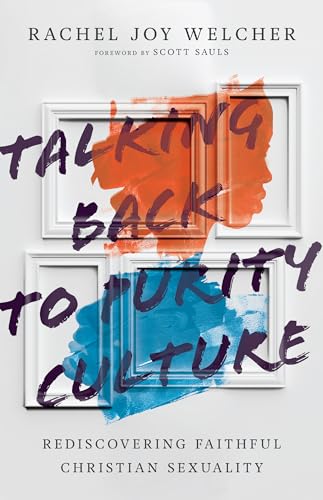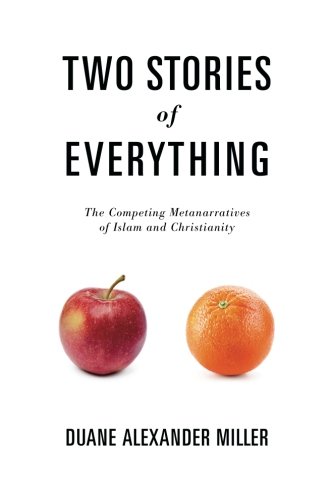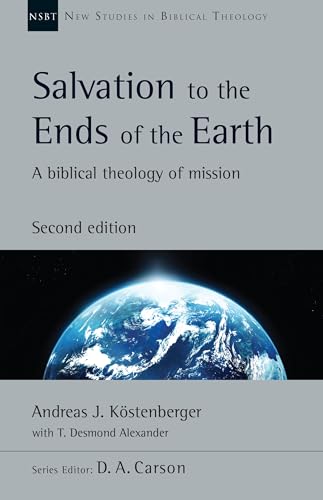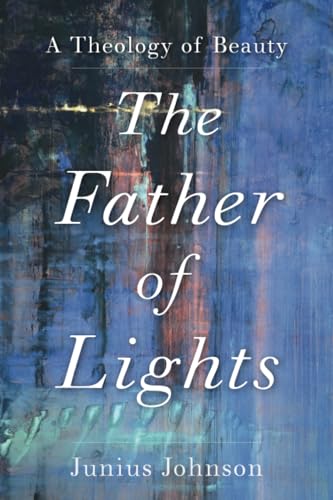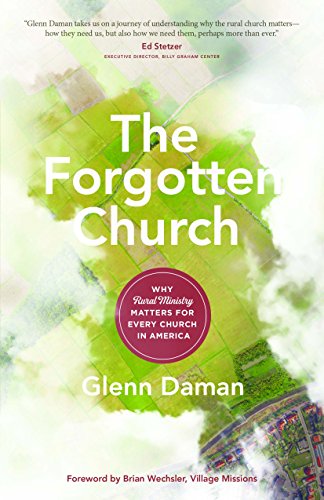The Lost Sermons of C. H. Spurgeon: His Earliest Outlines and Sermons Between 1851 and 1854
Written by C. H. Spurgeon Reviewed By Ray Rhodes JrBefore turning a page of The Lost Sermons, one is struck by the sheer beauty of the book that harkens back to Victorian England and Spurgeon’s own early sermon notebooks. B&H Academic has produced a series of volumes that is stunning in design and compelling in content.
General editor Jason Duesing and volume editor Geoffrey Chang demonstrate a solid grasp of Spurgeon’s life and times along with his writing and ministry. Mark Dever, a longtime admirer of Spurgeon, pens the foreword to volume 5, and Chang provides an editor’s preface offering a background to Spurgeon’s earliest sermons. Spurgeon had planned to publish these sermons early in his ministry but was prohibited due to his burgeoning responsibilities on numerous fronts. Duesing and Spurgeon Library research assistant Philip Ort write a sweeping overview of Spurgeon’s life in their introduction. Though the basic facts of Spurgeon’s life are familiar to Spurgeon readers, they are retold in The Lost Sermons in fresh ways that stir readers to see Christ through the eyes of Spurgeon.
The introduction concludes with a description of the research team’s approach to volumes 4–9 (similar to volumes 1–3, but with some tweaks for clarity and readability). The editorial purpose is consistent with the earlier volumes in this series to provide “a critical work that can be accessed by academics and laity alike” (p. 14).
The strengths of volume 5, as with the previous volumes, are found both in design and content. Beyond the loveliness of the book’s high-quality pages, photo section, and cover design is the unique and compelling material contained therein.
I am unaware of any other book series similar to The Lost Sermons. With academic precision, Chang and the editorial team place citation notes at the end of each sermon that provides careful analysis of the sermon outline in view. This includes sources that Spurgeon closely followed in producing his sermon notes, usages of various passages, and consideration as to Spurgeon’s theological leanings. I found the notes most helpful in understanding each sermon and giving me a fresh window into Spurgeon himself. Remarkably, the editors were able to discover, with specificity, writers—primarily Puritans—whom Spurgeon leaned on in his early sermons. Knowing whom and what Spurgeon read is critical to understanding him.
Many may pass up this book (and series) out of fear that it is too academic; that would be a shame because Spurgeon truly was the “People’s Preacher.” Though its primary appeal is to Spurgeon scholars, anyone interested in church history, Victorian England studies, and Spurgeon will find a virtual feast to enjoy in The Lost Sermons. Spurgeon scholars and fans alike will appreciate the academic analysis and detail contained therein. That said, even if the popular reader does not find the more academic treatment of the sermons compelling, there is much to still love about the book, especially the front and back matter: foreword, preface, introduction, photographs of the sermons that provide a picture of Spurgeon’s handwriting, exegetical musings, and interests from 1851–1854, the general Spurgeon-related photographs, and indexes.
What I especially love about this series and most all books by or about Spurgeon is the centrality of the gospel that is unmistakable in his preaching and writing. To read or study Spurgeon and his sermons means that one will be confronted over and over with the gospel and its implications.
The Lost Sermons matters today because Spurgeon still matters. And Spurgeon matters because he was so gospel-drenched, Bible-saturated, and Christ-intoxicated. Like his hero John Bunyan before him, Spurgeon had the Bible pulsating throughout his bloodstream. Though Spurgeon matured over his ministry, he was essentially the same man in his gospel outlook at the end of his ministry as at the beginning. He never wavered from the truths that he first professed as a Christian at age 16.
Much of the published scholarly work on Spurgeon focuses on his London ministry, and there is very little academic (or otherwise) published concerning his prior ministry. The Lost Sermons fills a gaping void in Spurgeon literature, and it helps readers better understand how the “Boy Preacher from the Fens” became the “Prince of Preachers.”
Ray Rhodes Jr
Ray Rhodes Jr
Grace Community Church
Dawsonville, Georgia, USA
Other Articles in this Issue
Exclusion from the People of God: An Examination of Paul’s Use of the Old Testament in 1 Corinthians 5
by Jeremy Kimble1 Corinthians 5:1–13 serves as a key text when speaking about the topic of church discipline...
Is it possible to speak of a real separation between Jewish and Christian communities in the first two centuries of the Christian era? A major strand of scholarship denies the tenability of the traditional Parting of Ways position, which has argued for a separation between Christians and Jews at some point in the second century...
A Tale of Two Stories: Amos Yong’s Mission after Pentecost and T’ien Ju-K’ang’s Peaks of Faith
by Robert P. MenziesThis article contrasts two books on missiology: Amos Yong’s Mission after Pentecost and T’ien Ju-K’ang’s Peaks of Faith...



